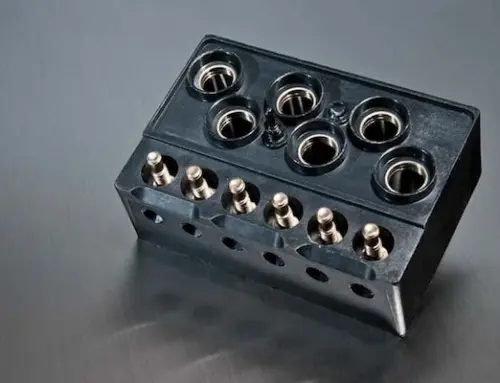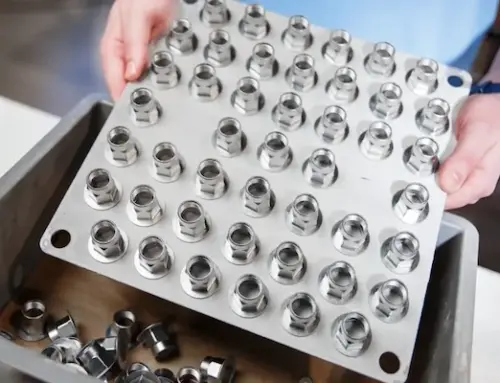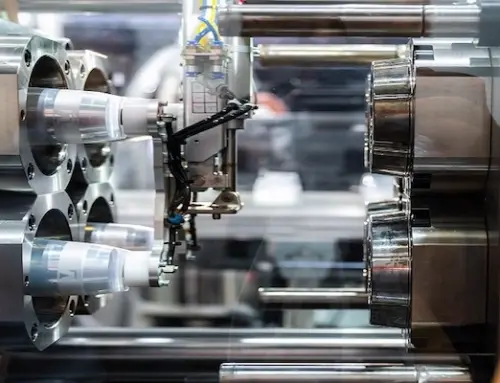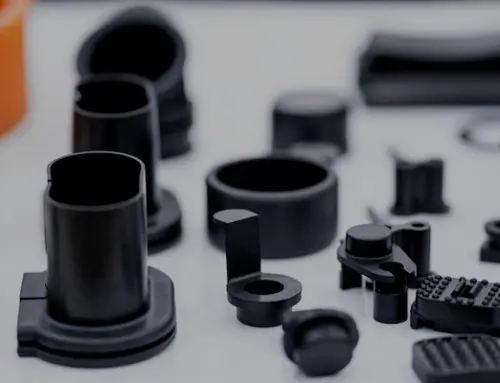Cooperating with experienced custom injection mold manufacturers gives automakers the advantage of applying plastic expertise to their automotive injection molding projects.
This is a practical solution to ensure compliance with material selection and complex part performance, design, function, and quality control.
In order to expand and strengthen their expertise, many injection mold manufacturers hold certificates that meet the robust standards of the automotive industry. However, Choosing the right automotive injection mold certification for your application can be a challenge.
Focusing on a few key certifications can reduce confusion and give automakers confidence in the production of injection-molded plastic components and the selection of automotive injection molding partners.
1. Automotive injection molding machine certification (iatf 16949:2016)
As a typical automotive industry certification, IATF 16949:2016 establishes the requirements of a quality management system (QMS), including continuous improvement, defect prevention, and reduction of variation and waste in the supply chain.
The certification of injection molding machines including IATF 16949:2016 proves the outstanding performance of injection molding machines in engineering, manufacturing, continuous improvement and customer relations.
Holly has IATF 16949:2016 certification, has previously obtained ISO/TS automotive certification, and combines its commitment to these industry standards with a deep understanding of the performance and quality of automotive injection molding.
2. Scientific Molding Certification
Scientific molding is a powerful process, partly completed by professional engineers who have been fully trained and have the appropriate level of scientific molding certification.
For example, Holly’s scientific mold experts hold system molds, master molder I, and master molder II certifications designated by RCG.
This level of knowledge requires a clear understanding of what is happening inside the tool.
Engineers must be good at interpreting data in order to identify and resolve any process template deviations or to effectively build existing tools for new production runs or on different machines.
The most important thing is that scientific mold engineers are problem solvers. They find and repair process problems with the help of software, and provide solutions to quickly restore the process to specifications.
3. Environmental and social responsibility certification
Automobile OEMs are paying more and more attention to the environmental and social responsibilities of suppliers.
For this reason, Holly has observed that there is a growing trend for OEMs to require suppliers to complete corporate social responsibility (CSR) scorecards on a regular basis to stay on the list of various approved suppliers.
For those suppliers who want to simplify the supplier approval process by pursuing ISO certification in these areas, the following are available:
- Iso 14001: This certification is related to environmental management and requires companies to modify the pollution control policy of their environmental management system to focus on prevention rather than command and control.
- Iso 26000: In relation to social responsibility, ISO 26000 offers insight into how organizations can determine their important social responsibilities; Operations and procedures; Customers, employees, communities; and environmental impact.
4. American Society of Mechanical Engineers (ASME) certification
ASME formulates codes and standards related to mechanical engineering and ensures that practitioners obtain best practice certifications that improve operational safety and efficiency.
Among the existing ASME certifications, the geometric dimension and tolerance (GD&T) professional certification program is particularly suitable for injection molding machines using ASME Y14.5M standards.
Although reviewing and comparing injection mold certification is a practical way to narrow down the range of potentially complex injection molding partners, due diligence must be conducted on the history and experience of injection molds, especially in automotive injection molding.
5. MEDACCRED plastic certification
MedAccred plastic certification marks the excellence of medical device manufacturing and quality standards.
Holly is one of the few injection molding manufacturers eligible for this title, but MedAccred’s strict connection with the medical industry sometimes overlooks its universal value.
Other industries, including the automotive industry, benefit from material knowledge and quality agreements where injection molds must be certified inappropriate places.
For example, Holly’s MedAccred Plastics certification can easily be translated into automotive injection molding or other market projects because it verifies excellent operations and manufacturing processes.
The depth of engineering capabilities provided by the mold is a necessary condition for success.
As an experienced and trusted leader in custom injection molding, Holly is a comprehensive choice for automakers seeking to establish value-added injection molding partnerships.






Leave A Comment